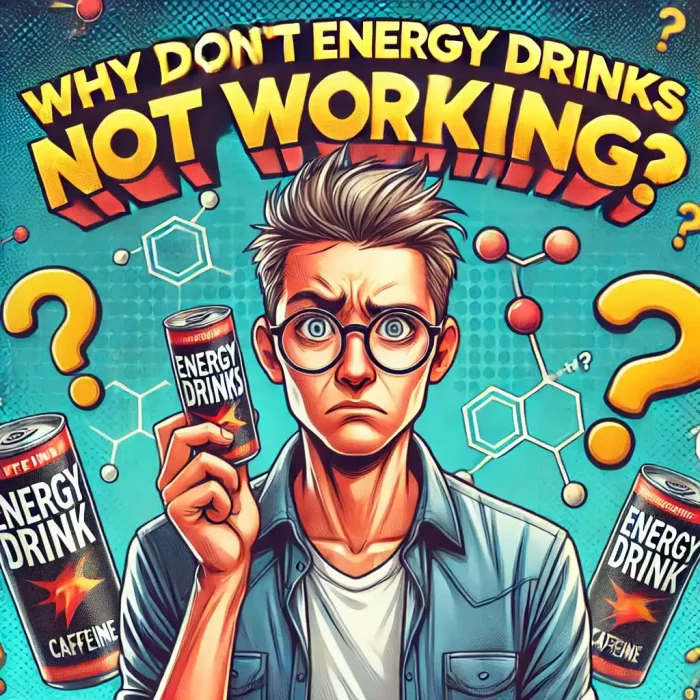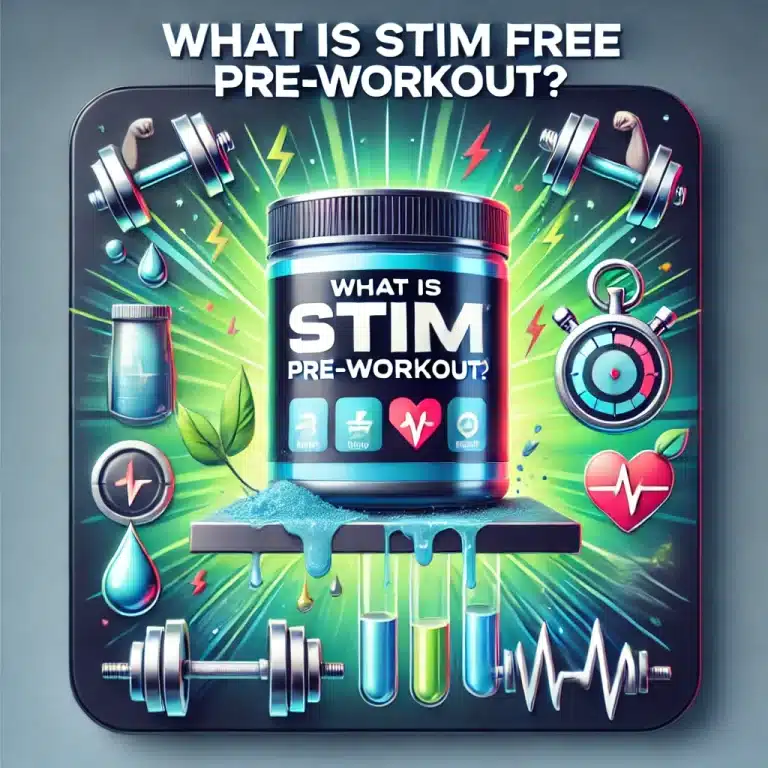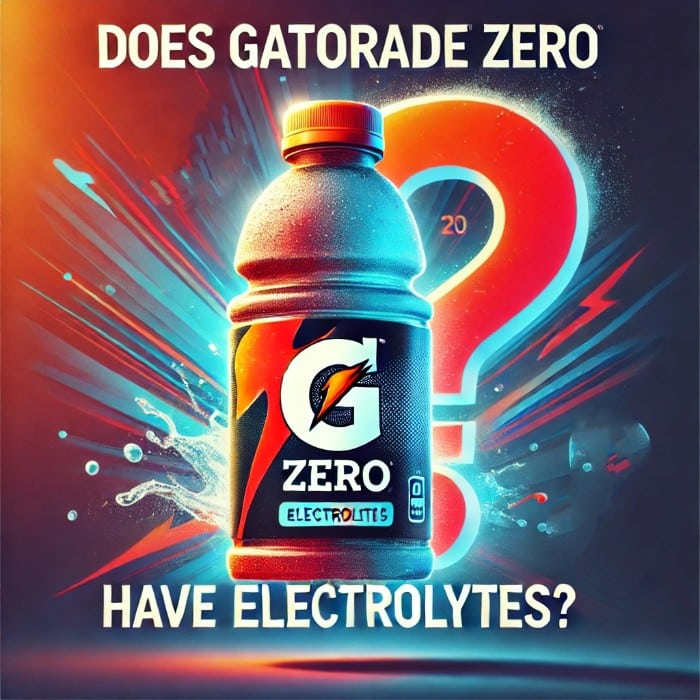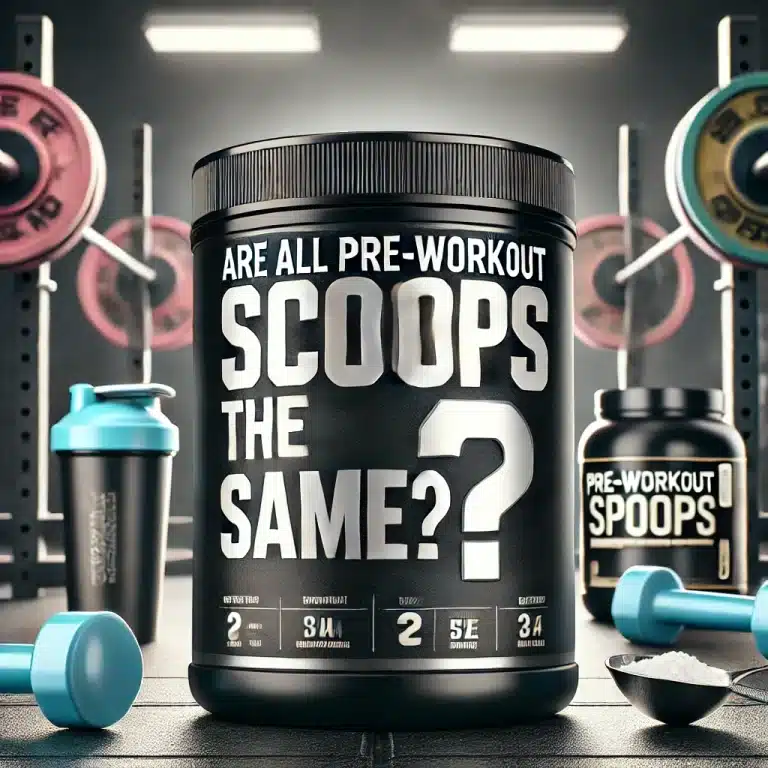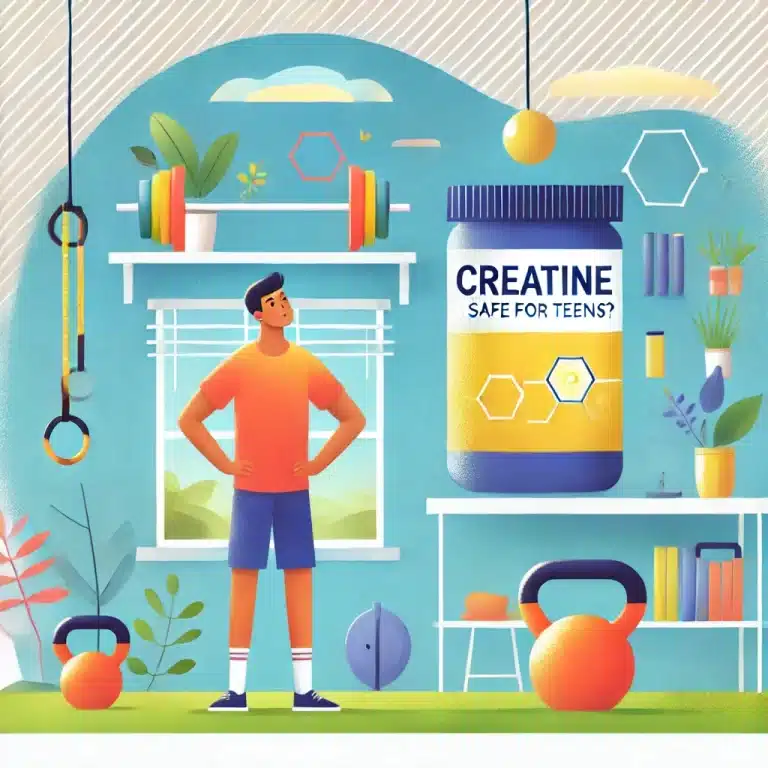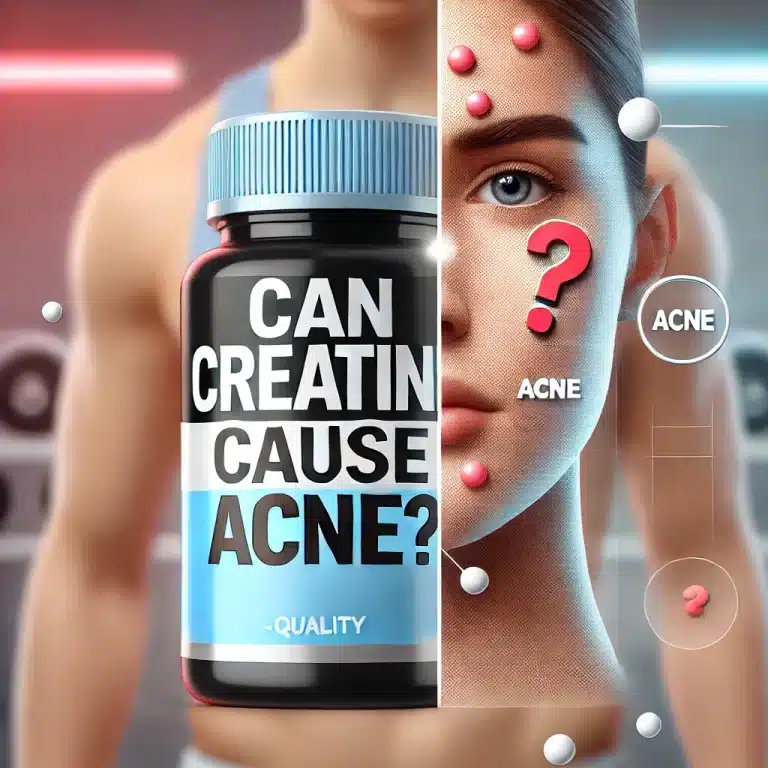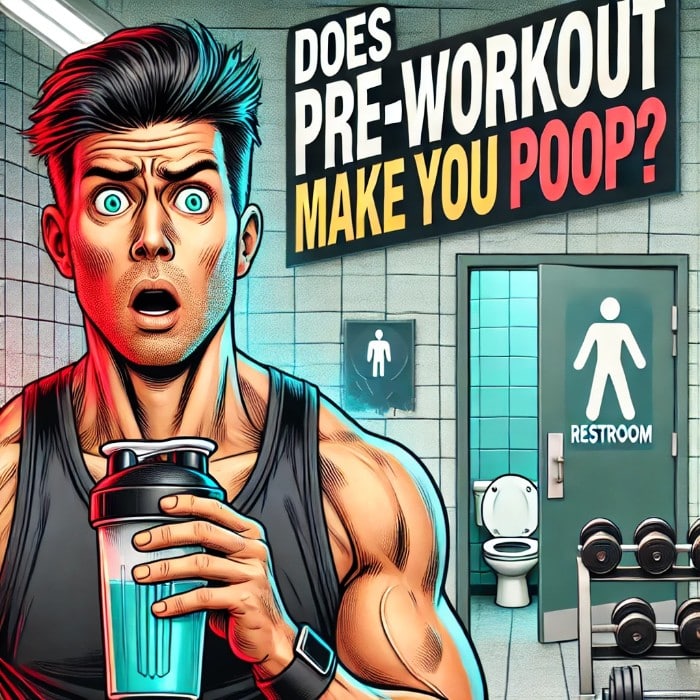Why Dont Energy Drinks Work On Me?
We’ve all been there grabbing an energy drink before a long study session, a tough workout, or just to shake off that afternoon slump only to feel absolutely nothing. No surge of focus, no extra energy, no enhanced performance. So, what gives?
Are energy drinks just a marketing gimmick, or is there a scientific reason why they don’t seem to work for some people?
If energy drinks don’t seem to affect you, you’re not alone. The effectiveness of these beverages depends on several factors, including caffeine tolerance, genetics, hydration levels, stress, and overall lifestyle. In this article, we’ll dive into the science behind energy drinks and why your body might not be responding to them the way you expect. By the end, you’ll have a better understanding of what works best for you and whether energy drinks should even be part of your routine.
1. High Caffeine Tolerance: When Too Much Caffeine Works Against You
Do you start your day with coffee, sip on tea throughout the afternoon, and maybe throw in an energy drink for good measure? If so, you may have built up a high caffeine tolerance one of the biggest reasons why energy drinks don’t seem to work for you. The more caffeine you consume daily, the less of an impact it will have on your body over time. What once gave you a noticeable energy boost now feels like drinking flavored water with zero effect.
Why Your Body Stops Responding to Caffeine
- Caffeine tricks your brain by blocking adenosine, a chemical that makes you feel tired. However, your brain adapts by creating more adenosine receptors, meaning you need more caffeine over time to feel the same effects.
- Your body builds tolerance if you drink caffeine daily, your nervous system adjusts to the constant stimulation and reduces its responsiveness.
- More caffeine doesn’t always mean more energy eventually, consuming higher doses just leads to dependency rather than a true energy boost.
Solution: The best way to reset your caffeine tolerance is by taking a break for at least a week or two. This will allow your body to regain sensitivity, so when you reintroduce caffeine, you’ll feel its effects again. Try replacing caffeine with hydration, proper nutrition, and light exercise during this period to keep your energy levels stable.
2. Genetics and Caffeine Metabolism: How Your DNA Affects Energy Drinks
Ever wonder why some people can chug an energy drink before bed and sleep like a baby, while others feel jittery from just a single cup of coffee?
It all comes down to genetics. The way your body processes caffeine is largely determined by your DNA, and that can affect how much of a boost (or lack thereof) you get from energy drinks.
Are You a Fast or Slow Caffeine Metabolizer?
- Fast metabolizers process caffeine at lightning speed. This means the stimulating effects wear off quickly, making energy drinks feel almost useless for them.
- Slow metabolizers take their time breaking down caffeine, meaning even small amounts can keep them wired for hours. For these individuals, an energy drink might feel way too strong.
- If you’re a fast metabolizer, you might need higher doses of caffeine to feel anything at all, while a slow metabolizer could feel overstimulated by the same amount.
Solution: If you’re a fast metabolizer and energy drinks don’t do much for you, try alternative energy boosters. Natural options like green tea (which contains L-theanine for sustained focus), balanced nutrition, and proper hydration can help maintain steady energy levels without relying on caffeine alone. If you still want a boost, opt for higher caffeine doses or supplements designed for better absorption.
3. Poor Sleep Quality: Why Energy Drinks Can’t Replace Rest
I’ve been there running on just a few hours of sleep and reaching for an energy drink, hoping for a miracle. But instead of feeling energized, I still feel sluggish and unfocused. That’s because no amount of caffeine can replace quality sleep. If you’re consistently getting poor sleep, energy drinks won’t do much to help. Your body simply won’t respond to caffeine the way it should.
How Poor Sleep Messes With Energy Drinks
- Adenosine overload – When you don’t sleep enough, adenosine (the chemical that makes you feel sleepy) builds up in your brain. Caffeine works by blocking adenosine, but when there’s too much, caffeine can’t keep up.
- Caffeine is just a band-aid – Energy drinks might give you a temporary boost, but they won’t fix the deep exhaustion that comes from consistently missing sleep.
Solution: If energy drinks don’t work for you, your first step should be improving your sleep habits. Try setting a regular sleep schedule, avoiding screens before bed, and creating a calming bedtime routine. When you get 7-9 hours of good-quality sleep, you might not even need an energy drink in the first place.
4. Dehydration and Diet: Why Energy Drinks Won’t Work Without Proper Fuel
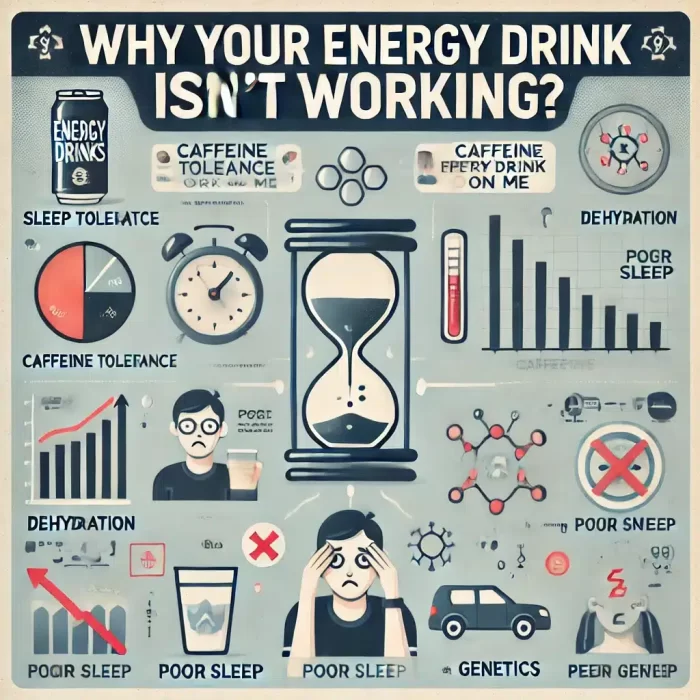
Ever chug an energy drink and still feel sluggish?
It might not be the drink that’s failing you it could be your hydration levels and diet. Think of your body like a car: caffeine is the gas, but if your engine (body) is running on empty meaning you’re dehydrated or lacking essential nutrients no amount of fuel will make it run properly. Energy drinks often contain sodium, caffeine, and other diuretics, which can worsen dehydration if you’re not drinking enough water.
How Dehydration and Poor Diet Kill Your Energy Levels
- Dehydration slows down your circulation, making it harder for caffeine to get to your brain. If your body isn’t well-hydrated, energy drinks might as well be flavored water.
- Your body needs real fuel, not just stimulants. Without essential vitamins, minerals, and a good balance of proteins and carbs, energy drinks won’t have much of an effect because your body is still running on empty.
Solution: To make energy drinks actually work, prioritize hydration first. Drink water throughout the day, and if you need an extra boost, consider electrolyte-rich beverages like coconut water, Gatorade, or Powerade. Additionally, focus on eating nutrient-dense meals with a mix of protein, healthy fats, and complex carbs to keep your energy levels steady. Without proper hydration and nutrition, energy drinks are just a short-term fix with no lasting benefits.
5. Stress and Cortisol Levels: How Stress Cancels Out Your Energy Boost
Ever noticed that on your most stressful days, no amount of caffeine seems to wake you up? That’s because chronic stress can completely undermine the effects of energy drinks. When you’re constantly stressed, your body is stuck in fight-or-flight mode, producing excessive amounts of cortisol the stress hormone. High cortisol levels can make your body resistant to stimulants, meaning caffeine no longer delivers the energy jolt you’re expecting.
Why Stress Makes Energy Drinks Useless
- Too much cortisol leads to resistance – When stress is constant, your body becomes less sensitive to stimulants like caffeine, making energy drinks far less effective.
- Caffeine spikes cortisol even more – While caffeine can give you a short-lived energy boost, it also raises cortisol further, leading to potential energy crashes and increased anxiety.
Solution: Instead of relying on energy drinks, focus on stress management techniques that will help your body naturally sustain energy. Activities like exercise, deep breathing, meditation, and quality sleep can help regulate cortisol levels, making caffeine more effective when you use it. If you’re constantly stressed, caffeine isn’t the answer taking care of your mental and physical well-being is the real energy booster.
6. Your Body Has Adapted to Energy Drinks: When More Is No Longer Enough
Ever feel like your energy drinks used to give you a serious boost, but now they barely keep you awake? That’s because your body has adapted to their effects. If you drink energy drinks too frequently, your system gets used to the caffeine, taurine, B vitamins, and other ingredients, making them less effective over time. At first, a single can might have left you feeling sharp and energized, but now you might find yourself needing more and more just to get through the day.
How to Tell If Energy Drinks Have Stopped Working for You
- You keep increasing your intake – A single can be used to do the trick, but now you need two or even three to get the same kick.
- You barely feel anything – Instead of the rush of energy you used to get, you just feel… normal.
- Your focus is still lacking – The mental sharpness you once got from an energy drink no longer seems to help with productivity or alertness.
Solution: The best way to break this cycle is to step back from energy drinks for a while. Try cutting them out for at least two weeks to let your body reset. In the meantime, focus on natural energy boosters like proper hydration, balanced meals, and exercise. When you reintroduce energy drinks, use them sparingly so they remain effective rather than becoming a daily crutch.
Final Thoughts: Should You Keep Drinking Energy Drinks?
If energy drinks don’t work on you, the cause could be caffeine tolerance, genetics, poor sleep, dehydration, stress, or overuse. Instead of increasing your intake, consider improving your overall lifestyle, sleep, and diet to maintain natural energy levels.
Energy drinks are not a long-term solution, focus on natural ways to boost your energy like exercise, proper nutrition, hydration, and sleep hygiene. If you still want a stimulant boost, experiment with different caffeine sources and ensure your body isn’t already overloaded with stimulants.
